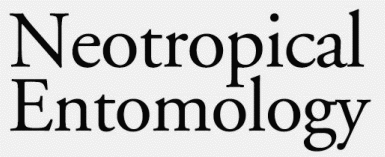In social insects, newly emerged individuals learn the colony-specific chemical label from their natal comb shortly after their emergence. These labels help to identify each individual's colony of origin and are used as a recognition template against which individuals can discriminate nestmates from non-nestmates. Our previous studies with Polybia paulista von Ihering support this general pattern, and the acceptance rate of young female and male wasps decreased as a function of their age. Our study also showed in P. paulista that more than 90% of newly emerged female wasps might be accepted by conspecific unrelated colonies. However, it has not been investigated whether the acceptance rate of newly emerged female wasps depends on colony developmental stage of recipient colonies. We introduced newly emerged female wasps of P. paulista into different colony developmental stags of recipient colonies, i.e., worker-producing and male-producing colonies. We found that the acceptance rate of newly emerged female wasps by alien colonies was pretty lower by male-producing colonies than worker-producing colonies. This is the first study to show that the acceptance rate of young female wasps depends on stages of recipient colonies.
Swarm-founding wasp; nestmate recognition; kin recognition; Epiponini

